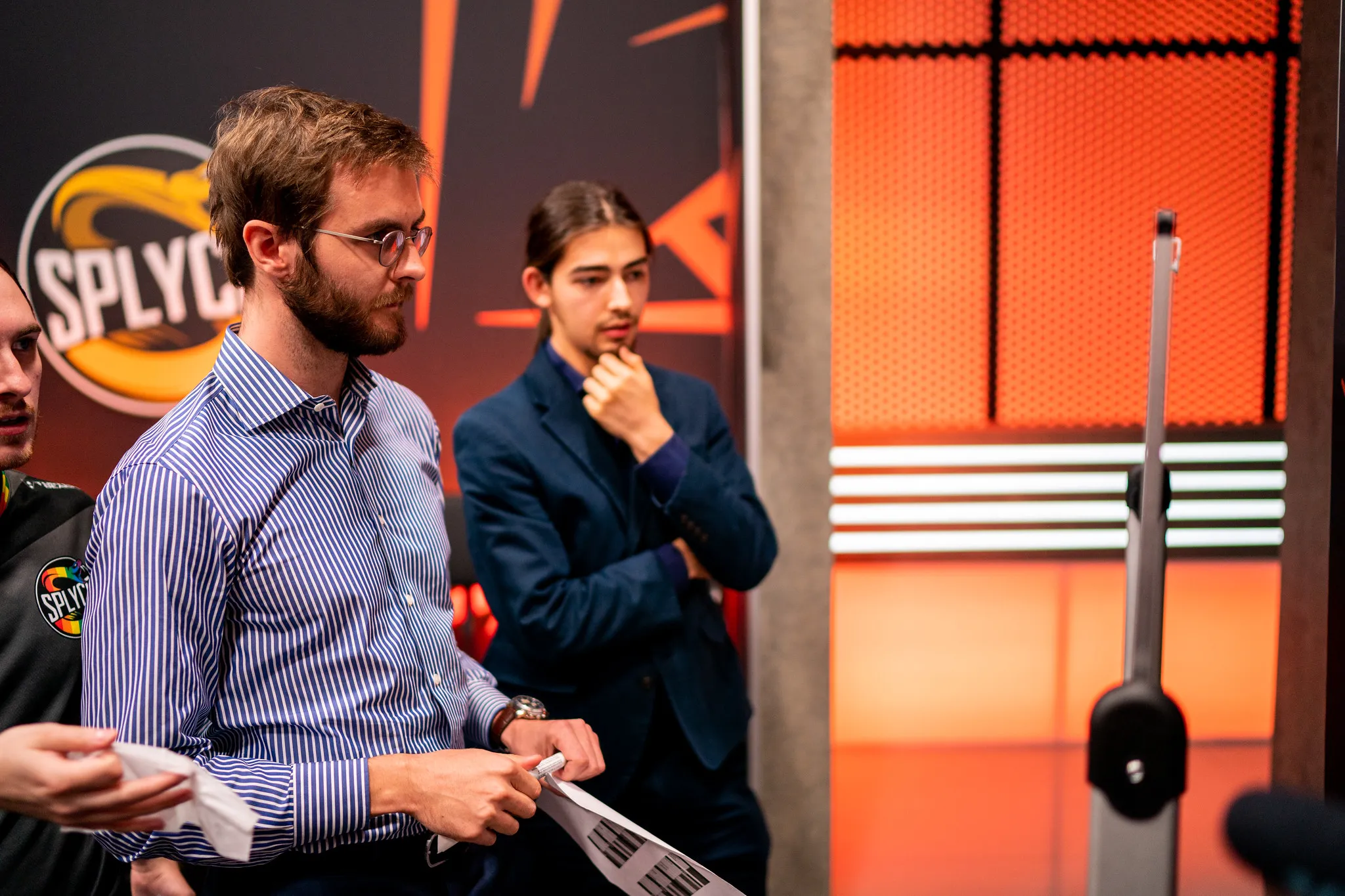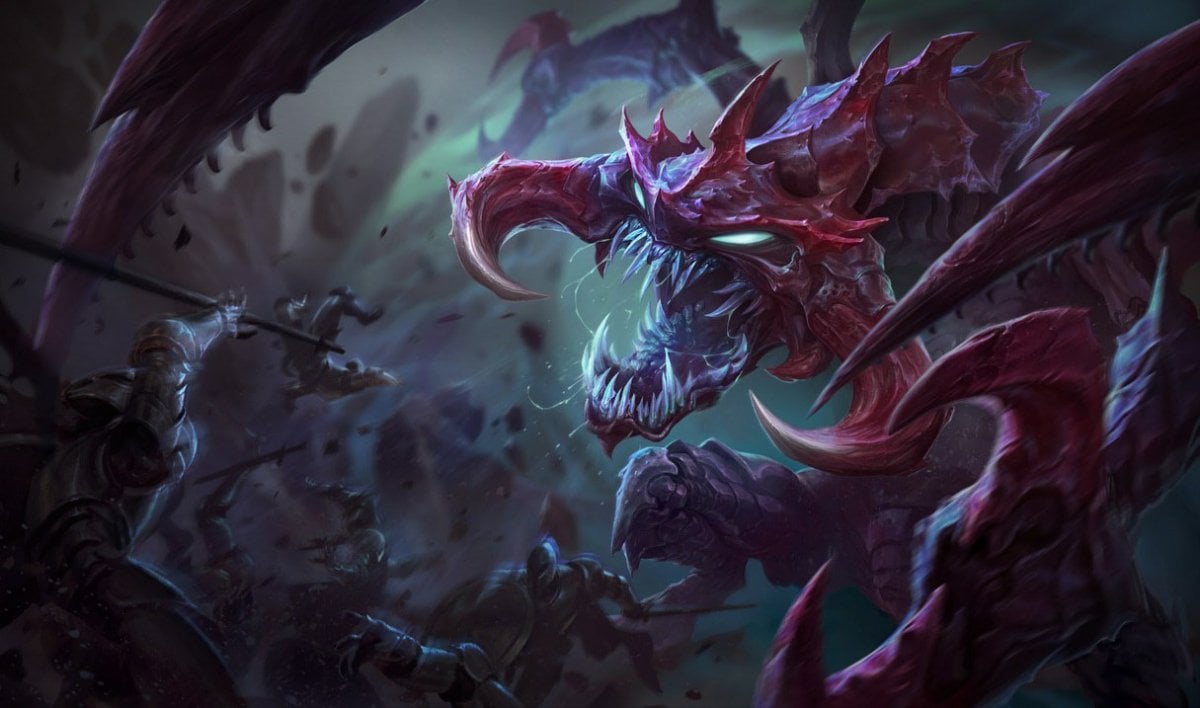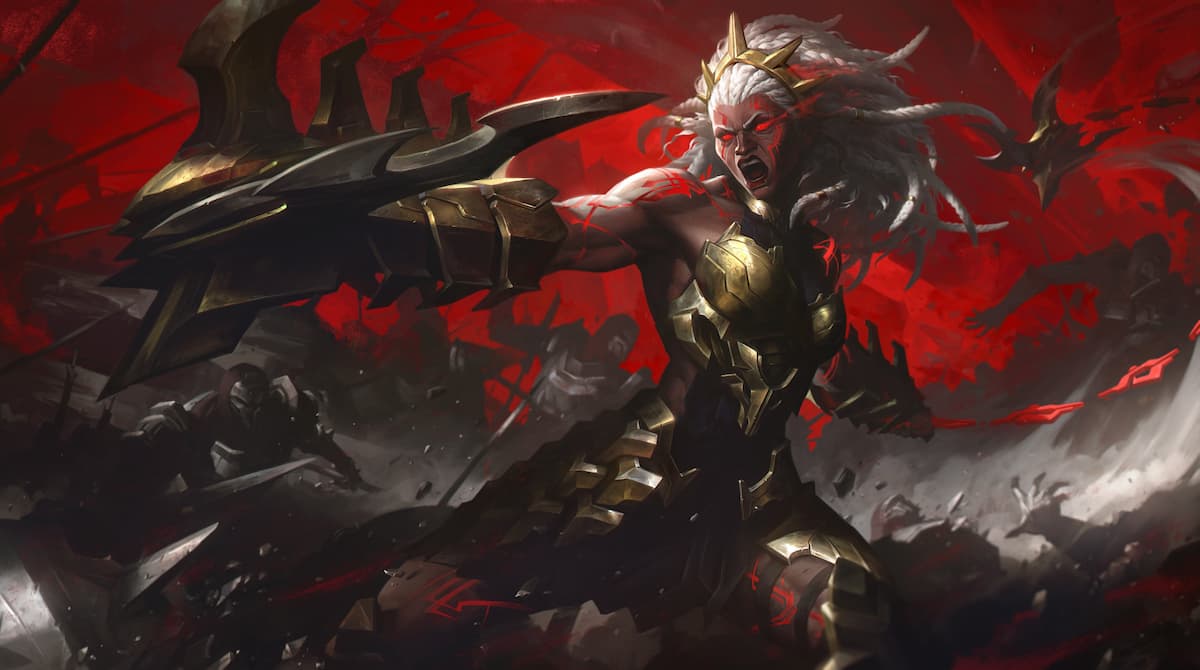The League of Legends World Championship returns to Europe this year. The play-in stage kicks off on Oct. 2 in the Riot LEC studios in Berlin, Germany. After that, the action will move to Spain for the quarterfinals before culminating in Paris, France for the final.
But the road to Paris could be rocky for teams competing in the tournament, according to some LEC coaches, and it’s not just because of the competition. The internet in Berlin has been terrible for years, making scrims and practice difficult.
The issues have been especially prevalent this summer, with another round of outages happening this week right as LEC teams are preparing for the regional gauntlet to determine the final Worlds seeding for the region. With multiple international teams expected to bootcamp in Berlin to prepare for Worlds, the city’s shaky connections could stop those practices before they even begin.
Terrible, Awful
The controversy was first brought to the public eye this week when Spylce coach Hadrien “Duke” Forestier tweeted about his team’s connection during their practice for the LEC gauntlet. Despite the Splyce team house having two internet lines and a backup mobile connection, his team had no connection for days. That meant no scrims, no solo queue—nothing.
This sounds pretty bad, but according to Duke, it’s nothing new for Berlin. In a text interview with Dot Esports, Duke explained just how long and how bad the situation has become.
“Internet has always been terrible in Berlin for as long as I have been coaching (3 years),” Duke said. “[There’s] very low speed and bandwidth compared to what I am used to in France. Internet [becoming] fully down happens now and then, at least multiple days a split.”
And this isn’t just an issue that has affected Spylce. In response to Duke’s original tweet, Schalke 04 top laner Andrei “Odoamne” Pascu said that his team “[doesn’t] have internet half the time” either. In the same thread, Misfits coach Hussain “Moose” Moosvi asked if the connection was through Vodafone, one of the dominant carriers in Berlin, before calling their service “fucking awful.”
Fnatic’s coaches expressed to Dot Esports that their scrims have also been affected by internet issues. Additionally, Schalke team manager Nicolas Farnir said that he had called his provider over 10 times in the last four months to resolve issues.
“It’s a big issue here in Berlin,” Farnir said. “We suddenly started getting constant DC’s, high ping, even entire days without internet. I know almost every single team—Splyce, Rogue, Misfits, us—has the same issue with this provider (Vodafone). The problem is known by them for months, but they are unable to solve it. To be honest, it is getting ridiculous and it’s not that easy to cancel a contract in Germany.”
Duke told Dot Esports that his team is moving gaming houses next year which he hopes will resolve their issues. But Berlin’s internet problems may go deeper than that.
The problem is infrastructure
Duke compared the situation to his home country of France, which he said sports faster speeds and more reliable connections. It’s strange that Berlin, a city with a strong tech presence, would face such struggles compared to other European cities which compete for talent and business.
According to an NPR report from earlier in 2019, the problem with Berlin is not the service providers, but the very lines that carry internet connections. The article highlights complaints from professionals from a variety of industries who are all hamstrung by the city’s low speeds and limited bandwidth. The issue doesn’t just affect League esports.
The problem is caused by old copper lines that still carry data, according to Claudio Engfeld of the Berlin Chamber of Commerce. Even cell phone connections are slow with 3G being the common speed.
“In Germany, you will find almost everywhere copper cable that’s not capable to go faster than 250 megabits per second,” she said. “The average reality is about 50 megabits per second. That’s quite poor.”
This compares to cities with faster fiber optic connections. Fiber provides speeds that are exponentially higher than those achievable by copper, and has much greater bandwidth as well, which allows it to carry signals from more sources. As more devices are connected to the internet, fiber is less likely than copper to be overwhelmed by the increased signal load.
But Germany’s former state telecom provider, Deutsche Telecom, declined to install fiber in Berlin, citing high costs. German Chancellor Angela Merkel’s cabinet has promised to help subsidize the rollout of fiber-optic broadband, but that won’t fully occur until 2025.
That’s good for the long-term future of the LEC, but it won’t help teams scrimming in Germany for Worlds 2019.







Published: Sep 14, 2019 04:01 pm